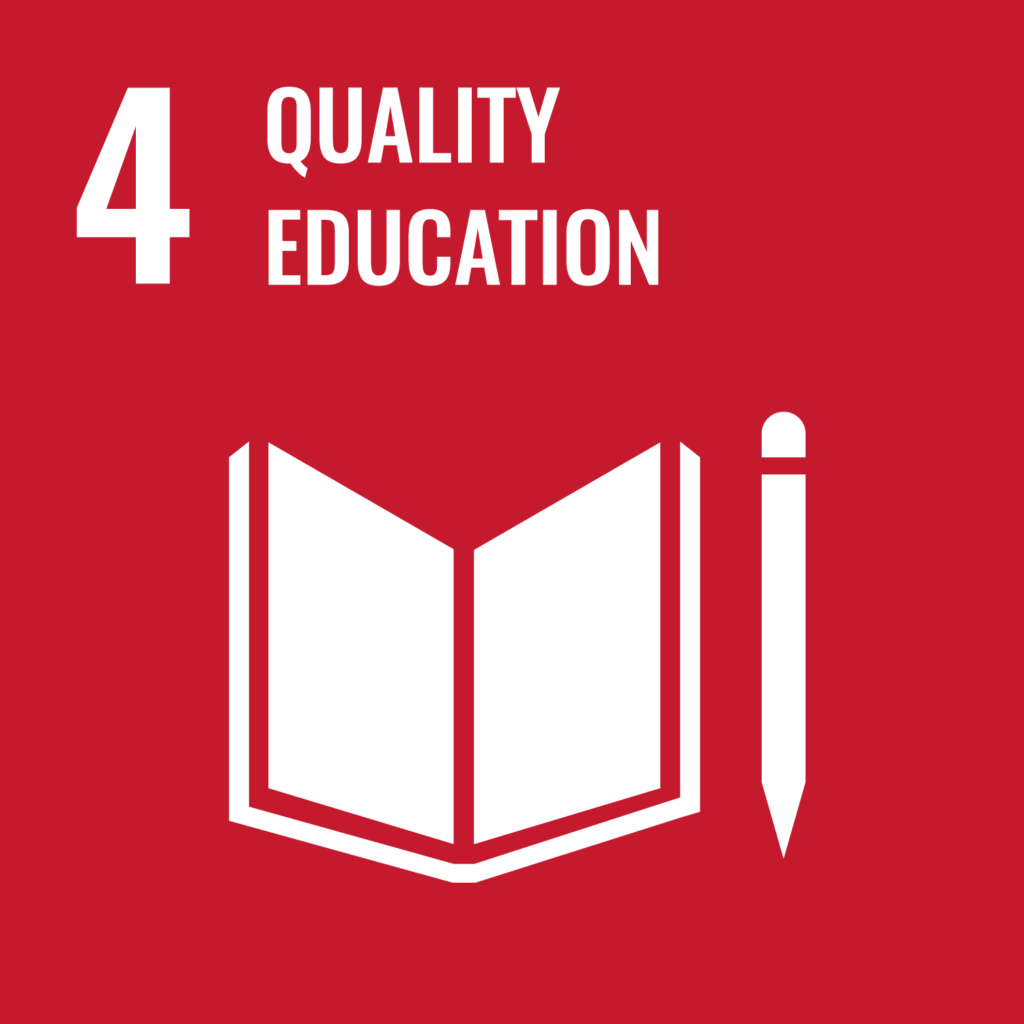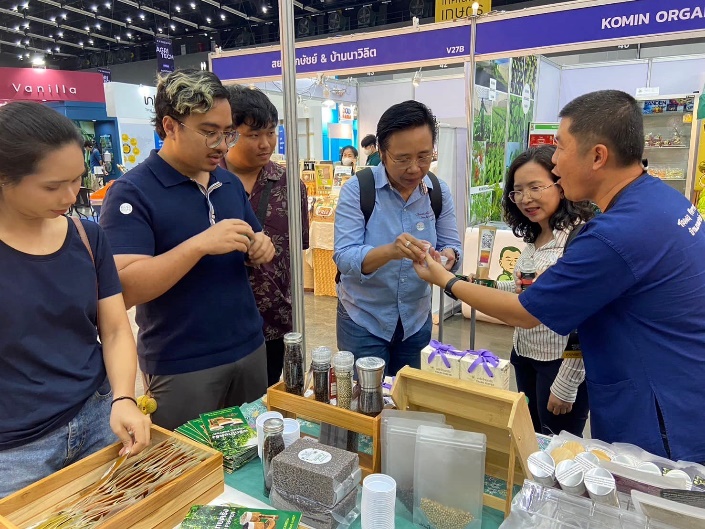Reporters: Asst.Prof.Nasaporn Thammachot, Asst.Prof.Kloyjai Krutjon, MissNamfon Channual, Asst.Prof.Chaiya Tanaphatsiri
Evidence Date: 4 February 2024
Related Indicators: 4.3.4
The Faculty of Engineering, Rajamangala University of Technology Srivijaya (RUTS), carried out the research and outreach project “Enhancing Community Business Capacity and Social Opportunities through Appropriate Technology for Targeted Poor Groups in Pattani Province,” supported by the Office of the Permanent Secretary for Area-based Development Funding (APD) for Fiscal Year 2023. The project, led by Asst. Prof. Suhaidee Sani under the supervision of Assoc. Prof. Surasit Rawangwong, Dean of the Faculty of Engineering, aimed to strengthen local community enterprises through the transfer of engineering knowledge and the development of appropriate technologies. A key component of the project was the field activity conducted on 4 February 2024 at the Vocational Training Center, Panare Subdistrict, Pattani Province, where researchers, students, and community members engaged in collaborative learning and technology demonstration sessions.
Through these research-based outreach activities, the project provided hands-on technology transfer that enabled community businesses to improve productivity, reduce costs, and create new local products using context-specific engineering innovations. The initiative also fostered a participatory learning process between academic researchers and local residents, allowing the co-creation of technological solutions that align with local needs and resources.
Impact Result:
The project produced clear and measurable outcomes in the dimension of Research and Innovation within SDG 4 (Education Outreach Activities Beyond Campus). First, it enhanced the technological and entrepreneurial capacity of more than 150 community members, including low-income and marginalized groups, enabling them to apply new production methods, digital tools, and technical problem-solving skills in their local enterprises. Second, it created a sustainable model of university–community collaboration, where engineering research outputs were translated into practical applications that continue to generate income and employment opportunities beyond the project period. Third, it transformed research knowledge into an open learning platform by documenting the process and disseminating the results through community workshops and demonstration media, thereby expanding access to technical education and lifelong learning in rural areas. Finally, it strengthened RUTS’s role as a regional knowledge hub that leverages applied research and innovation to empower local communities, contributing to inclusive and sustainable development.
This initiative exemplifies how higher education research can go beyond the university’s boundaries to drive social innovation, promote equitable access to knowledge, and foster lifelong learning for community resilience—fully aligning with the principles of SDG 4: Quality Education.

Related Links:
https://url.rmutsv.ac.th/x3m-0 (จุลสาร มหาวิทยาลัยเทคโนโลยีราชมงคลศรีวิชัย 93 ประจำเดือนมกราคม – มีนาคม 2567 หน้า 14)




